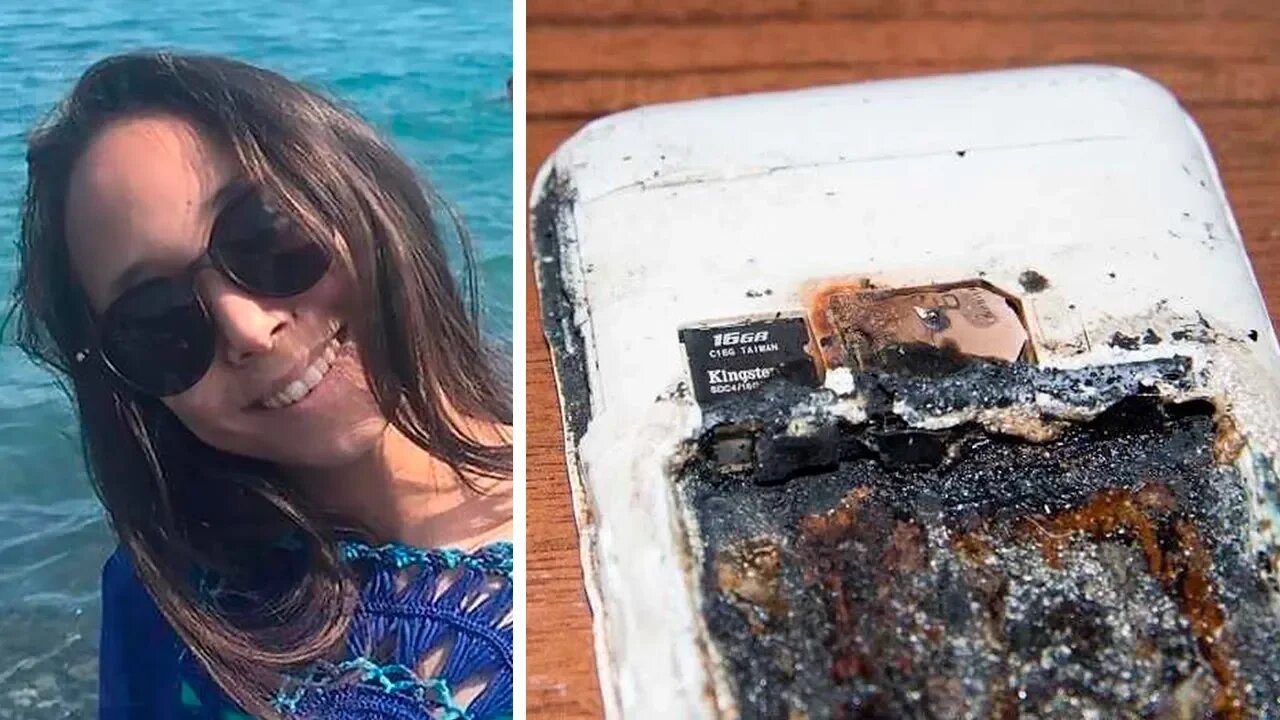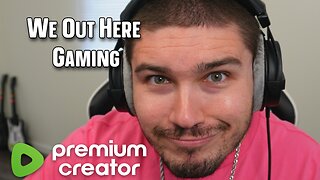Premium Only Content

Do You Use Your Phone in Bed? Then Watch This!
Do you use your phone in bed? Then watch this!
Recently, our whole world has been shocked with the tragic story of Alua Asetkyzy Abzalbek, a 14 years old girl from Kazakhstan.
We have already talked about how using your phone in bed is something very common, but that it should be avoided.
Did you know that using your phone at night can even affect your sleep?
The blue light emitted from the device induces our brain to produce less melatonin, the sleep hormone, which will hinder a peaceful sleep.
Besides that, straining your eyes to see the screen at night can also harm your sight.
And, if all of that isn't enough, the device, while charging on electricity, on the bed, can heat and explode.
That's what happened with the girl who only wanted to listen to some music during the night.
Alua was found dead on the morning of Sunday, 29th, in her home in Bastobe, Kazakhstan.
Her parents called the paramedics, but they could not save her.
The brand of her phone wasn't disclosed, nor if the charger was original.
Friends, family, and people over social media regret this fatal incident.
If you are watching this video and have the same habit, stop it immediately.
Remember also that the radiation emitted from phones has not been completely ruled out, so it is necessary to pay attention to how much you use it.
Another curious fact about this small device that many people can't live without, is that because it is carried from place to place, and is hardly ever cleaned, it carries many viruses and bacteria, being able to transmit many diseases.
If you need to leave your phone close to your bed because of the alarm, it is better to use a traditional alarm clock than to put your phone under the pillow and possibly die!
----------------------------------------
Facebook: https://bit.ly/38BWbw3
Pinterest: https://bit.ly/2Irvwa6
Disclaimer: The materials and the information contained on Natural Cures channel are provided for general and educational purposes only and do not constitute any legal, medical or other professional advice on any subject matter. These statements have not been evaluated by the FDA and are not intended to diagnose, treat or cure any disease. Always seek the advice of your physician or other qualified health provider prior to starting any new diet or treatment and with any questions you may have regarding a medical condition. If you have or suspect that you have a medical problem, promptly contact your health care provider.
-
 3:40
3:40
Natural Cures
1 year ago $1.08 earnedToothpaste Is All You Need To Keep Mice Away From Your House
4.37K6 -
 LIVE
LIVE
GritsGG
10 hours agoWin Streaking! Most Wins 3180+! 🔥
1,499 watching -
 LIVE
LIVE
This is the Ray Gaming
2 hours agoSunday Night LIVE | Rumble Premium Streamer
139 watching -
 2:42:31
2:42:31
Barry Cunningham
7 hours agoPRESIDENT TRUMP IS SAVING AMERICA ONE DEAL AT A TIME! UNBELIEVABLE!
63.8K38 -
 DVR
DVR
EricJohnPizzaArtist
5 days agoAwesome Sauce PIZZA ART LIVE Ep. #56: Bret “The Hitman” Hart Tribute with SoundBoardLord!
31.8K6 -
 1:38:08
1:38:08
HELMETFIRE
2 hours ago🟢GAMING WITH FIRE EP4🟢RUMBLE TAKEOVER!🟢
10.9K -
 LIVE
LIVE
iCheapshot
3 hours agoCheap Plays Warzone Again? What!?
168 watching -
 2:30:14
2:30:14
PandaSub2000
5 hours agoCHAOS & FURY | Episode 27: Attack Of The Cranks (Edited Replay)
12.9K -
 LIVE
LIVE
Spartan
2 hours agoSpartan - Pro Halo Player for OMiT | Ranked for a little bit
20 watching -
 15:15
15:15
Adam Does Movies
1 day ago $3.00 earnedHappy Gilmore 2 - Movie Review
22.5K14